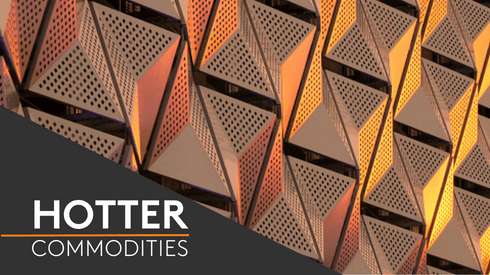The deal will pave the way for Anglo American to achieve its carbon emissions goals, especially those tied to the Scope 3 criteria, according to the Greenhouse Gas (GHG) Protocol. While Scopes 1 and 2 encompass companies’ own emissions and those stemming from inputs such as energy and raw materials, Scope 3 refers to the whole value chain, including customers.
Anglo American will collaborate with Aurubis to provide assurances about mining, processing, transporting and bringing copper to markets. Going ahead, both miners expect to study technologies to trace the entire copper production cycle and bring more transparency to the industry.
Part of that will come with both Anglo American and Aurubis being assessed by the independent Copper Mark authority under its chain of custody standard. Anglo American’s Chilean operations were awarded its responsible production standard mark in March 2022.
Anglo American produces copper in Chile via its Los Bronces and El Soldado mines, the Chagres smelter, as well as its 44% share in the Collahuasi mining unit. In Peru, it recently started producing copper at Quellaveco.
Aurubis, meanwhile, is one of the world’s largest copper recyclers.
Copper plays such a pivotal role in addressing the challenges of climate change and raising living standards for the world’s growing population. It needs to be produced sustainably and as part of a customer-centric supply chain.
The British miner intends to cut carbon-dioxide equivalent emissions by 30% under Scopes 1 and 2 by 2030, and to become carbon-neutral by 2040. Scope 3 emissions are expected to be halved by 2040.
Demand for low-carbon metals is expected to grow significantly in the coming years, with countries that have committed to the Paris Agreement trying to become carbon-neutral by 2050 or later. Copper would play a large role in this scenario, being key to a global electrification process that will help to achieve those goals.
In Europe, “green” metals were high on the list of topics discussed by market participants this year, with end-users wishing to increase the scrutiny of suppliers and their sustainability credentials.
A market for low-carbon aluminium, for example, has been gaining traction in the past two years. Fastmarkets launched an assessment for greener aluminium P1020A and value-added product premiums in Europe in March 2021.
Fastmarkets’ latest assessment of the aluminium low-carbon differential P1020A, Europe, was $10-30 per tonne on November 4. This was unchanged since September 2, when it had widened upward by $10 per tonne from $10-20 per tonne on August 5. It was now at its highest since first publication.
The aluminium low-carbon differential value-added product, Europe, was assessed at $20-30 per tonne on November 4, narrowing downward by $5 per tonne from $20-35 per tonne a month before.
“Sustainability is a core pillar of our strategy. We are constantly investing in solutions for responsibly handling the resources entrusted to us as the most efficient smelter network globally,” Aurubis’ chief executive officer, Roland Harings, said on Thursday. “This collaboration with Anglo American is yet another example of how we intend to develop and enhance the transparency of the entire supply chain.”





